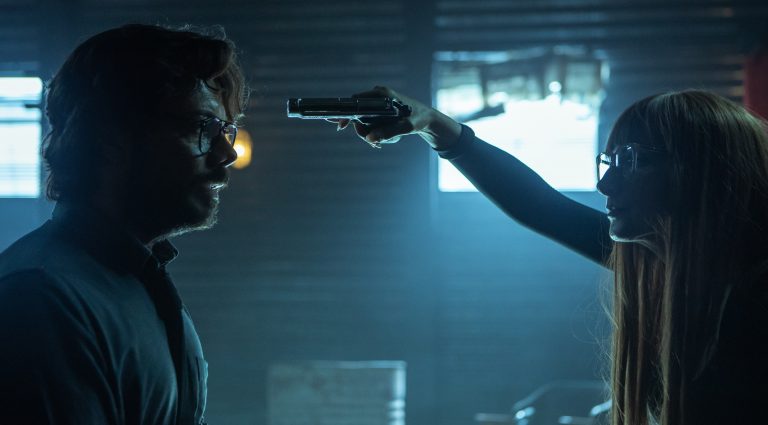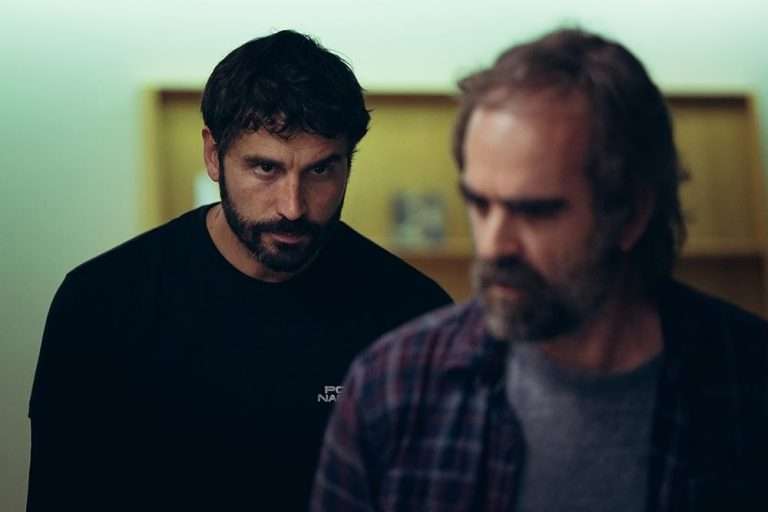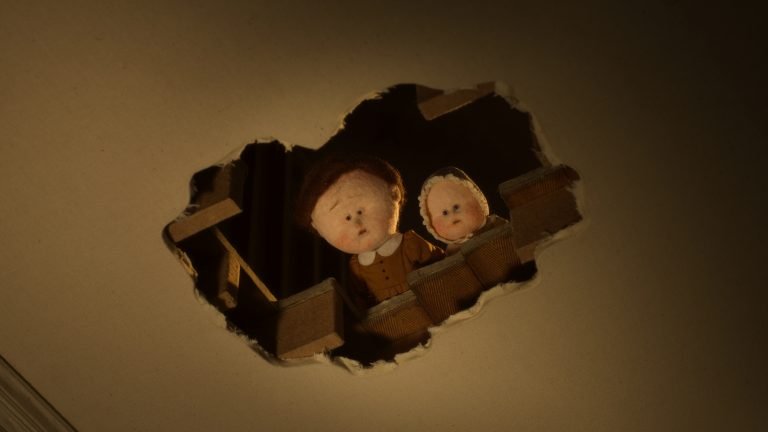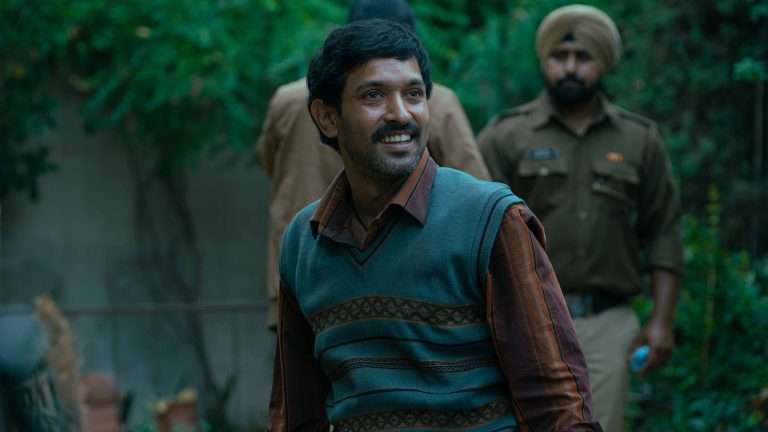Dante R. Basco is an American actor of Filipino origin who is perhaps most recognized for his performance as Rufio in “Hook” (Steven Spielberg, 1991). Many of his significant performances saw him dabble in the art of voice acting. Basco is the voice behind Prince Zuko from “Avatar: The Last Airbender” and Spin Kick from “Carmen Sandiego”, amongst others. ” The Fabulous Filipino Brothers” marks his first directorial venture. However, as the title suggests, it is not Dante’s solo efforts, but the involvement of brothers Darion, Dionysio, and Derek, that led to the creation of the movie.
The focal juncture of the narrative is a celebration: a wedding, which binds together all extensions of a large Filipino-American family. A person narrates the tale with a delightful tinge of humour, and the disclosure of their identity becomes an important twist later on in the narrative. The tale begins with the narrator making the audience familiar with the nature of the extended family, especially the four brothers with characters ranging from credible to enigmatic. Dayo, the eldest, is the responsible one. He impulsively takes up the burden of paying for the expensive feast, something that his wife does not fully support. The narrative then follows an episodic format, ranging from the cartoony to the sentimental.
Related to The Fabulous Filipino Brothers: 10 Essential Filipino Movies of the decade (2010s)
The status of the USA as a global superpower has seen it become a habitat for a wide range of cultures. While clashes between the dominant and the minority, and among secondary diaspora are common, it also situates the nation as a melting pot of cultures. Some movies manage to examine this melting pot and the resultant invention of identities. The theme in such movies remains mostly unchanged: a sociolinguistic community living in the USA for generations becomes a distinct unit from the same community living in its native territory. This leads to the creation of inexplicable nostalgia and identity crisis. The brothers in Basco’s debut, for instance, hold much affection and pride in their Filipino heritage, yet cannot speak Tagalog.
While creating the movie, the Basco brothers could have gained valuable lessons from “Chan Is Missing” (1981, Wayne Wang), which displayed the estrangement Asian-Americans usually feel. However, “The Fabulous Filipino Brothers” take a different route in creating a movie that takes much from the pop culture of multiple generations and instead of contributing to it, merely serves as a relic or a reminder. Comedy is an important ingredient of the package the film promises to deliver. Nevertheless, rarely does the comedy hit the right spots. Either the quirky conversations and expressions are exclusively attuned to the taste of Filipino-Americans, or the script simply fails in contributing humour. The bulk of the humour, including the eldest brother redefining Filipinos as “Jungle Asians”, suggests the validity of the second notion.
Interestingly, the eldest Abasta brother is the most interesting character in the movie. The pan-Asian desire to keep a family together despite personal hindrances has become increasingly irrelevant in modern times, but it is an essential component of Asian-American films, like the USA, to the nostalgic, is the pinnacle of achievement, majorly responsible for the fragmentation of large Asian families. Dayo wants to keep everyone happy, and as the eldest brother, his ridiculous decision to fund a feast makes sense. It simultaneously satisfies his ego and favours the family. His wife, also Asian-American, is fairly incensed, but once the promise has been made, Dayo would not change his decision. He faces the struggle of being the eldest brother, a common Asian occurrence. His character is perhaps the only one where the screenplay displays adequate nuance.
However, the fundamental idea is one of ancient gender dynamics. The men of the family take up enormous obligations and are allowed to be the bringer of turmoil and obstacles. The women are simply there to observe and attempt to calm the chaos, with a notable exception. Not unlike the flat comedy, the romantic situations fail to lift the film to the next level. The intimacy of the family creates some beautiful and sentimental moments, and the attempt of the real-life brothers to create a film for a population rarely represented on the screen is commendable. However, it suffers from tonal inconsistency: it is at times crude and at times touching, with no set mood.
“The Fabulous Filipino Brothers” may be partly autobiographical, and the traits of the brothers may or may not match the traits of the real-life brothers playing it. It had the opportunity to become a breath of fresh air, but its comedy falls flat and romances fail to take off. Occasionally touching and mostly unremarkable, one can only hope that inspires more Filipino-American filmmakers to bring the unique traits of their culture to the screen.

![The Fabulous Filipino Brothers [2021]](https://79468c92.delivery.rocketcdn.me/wp-content/uploads/2022/02/The-Fabulous-Filipino-Brothers-2021-1024x576.jpg)


![A Death in the Gunj [2017]: A Brooding Atmospheric Mystery-Drama](https://79468c92.delivery.rocketcdn.me/wp-content/uploads/2017/04/A-death-in-the-Gunj-banner-768x346.jpg)


![Maria Netflix [2019] Review – Another soulless fillipino action film](https://79468c92.delivery.rocketcdn.me/wp-content/uploads/2019/06/Maria-Netflix-768x321.jpg)